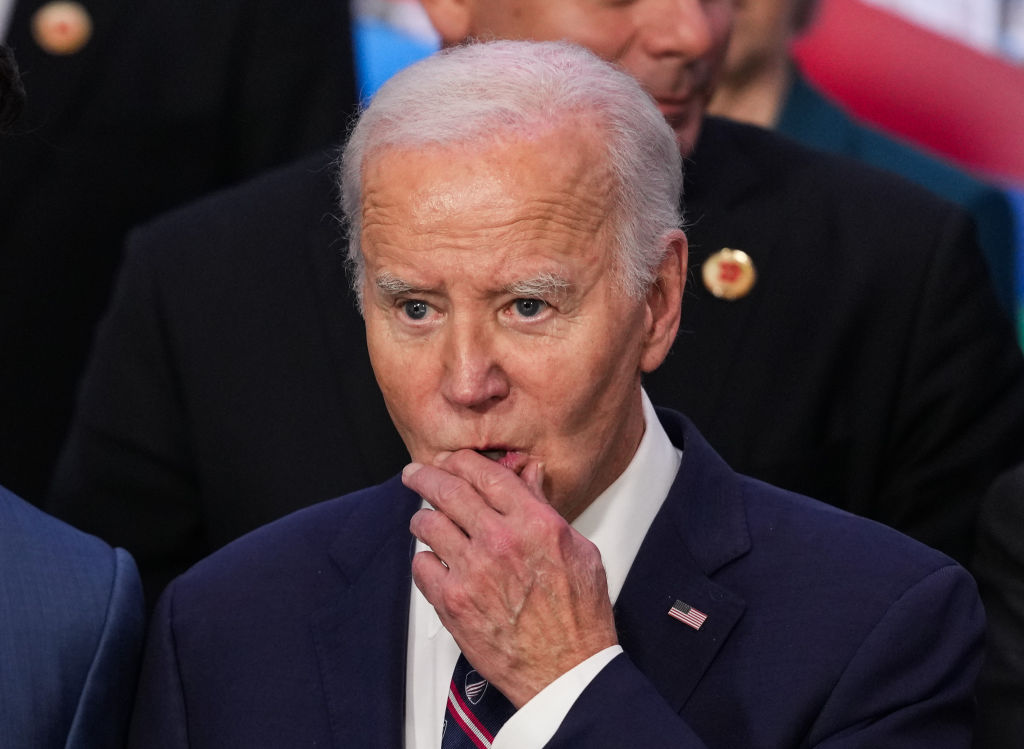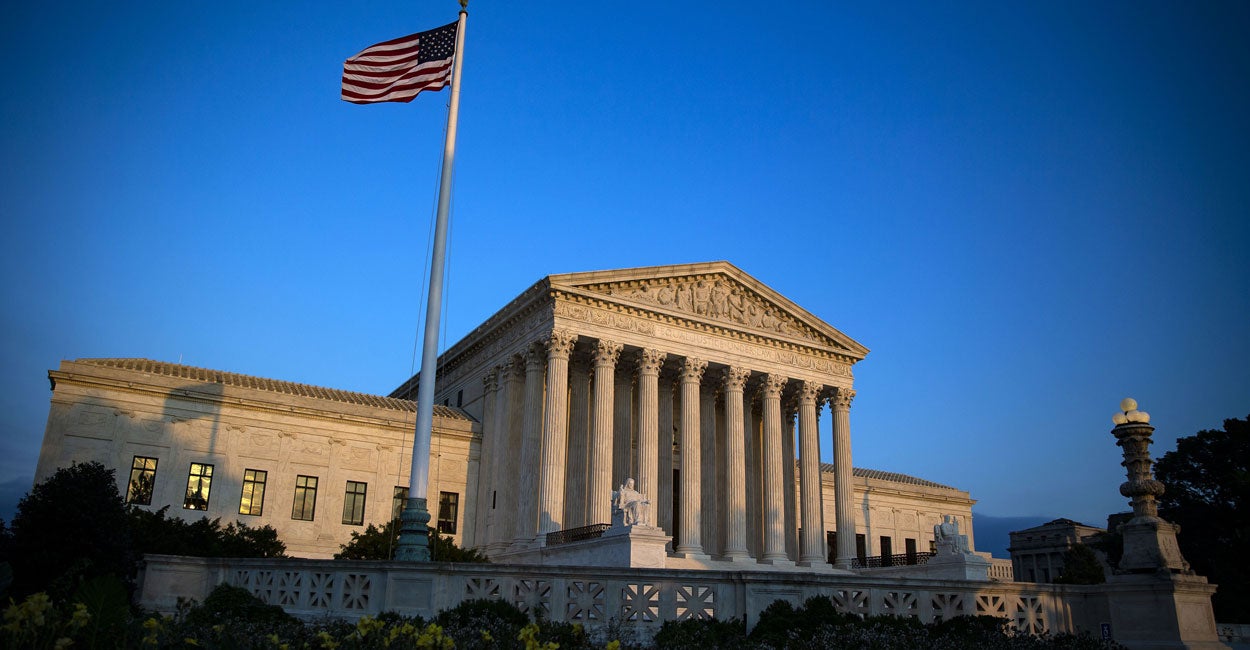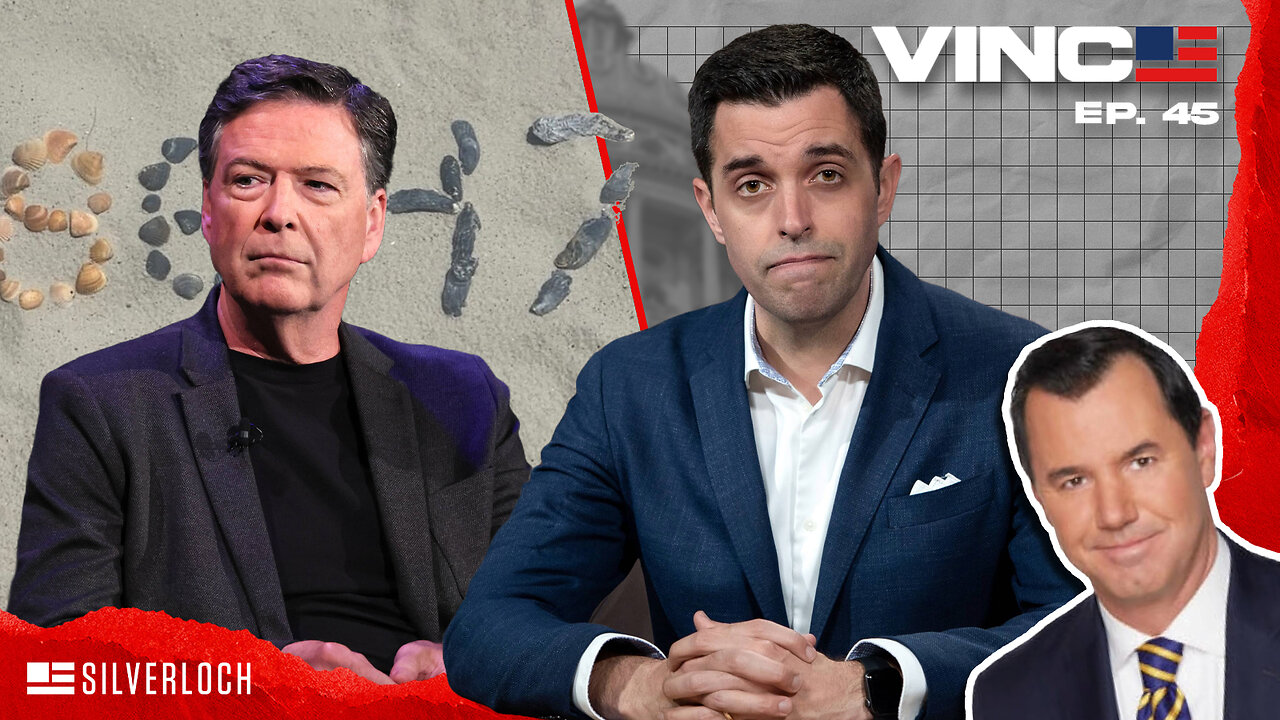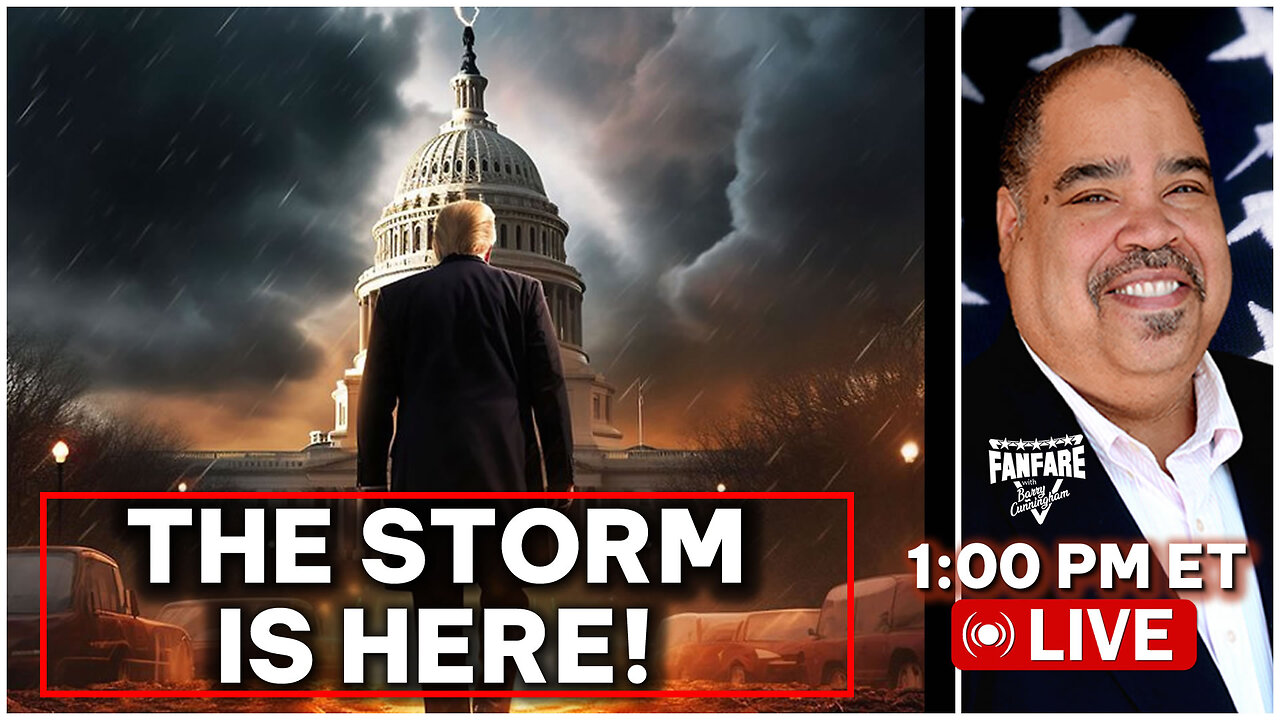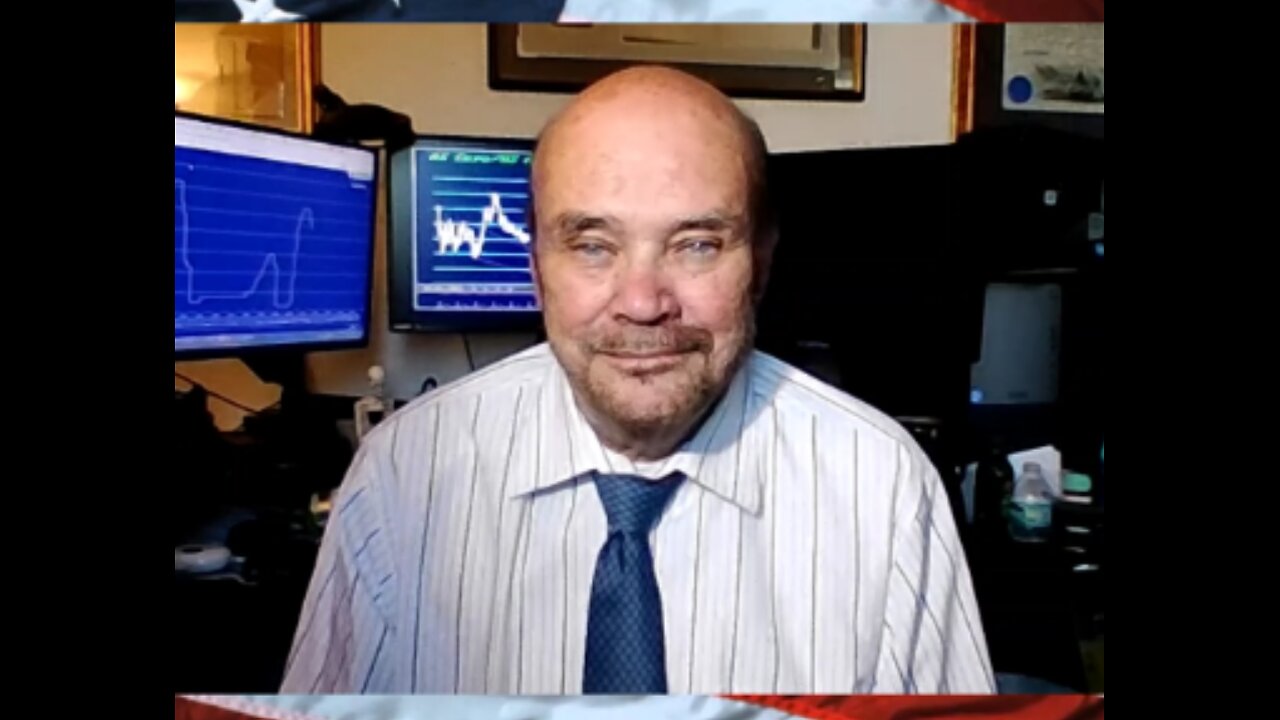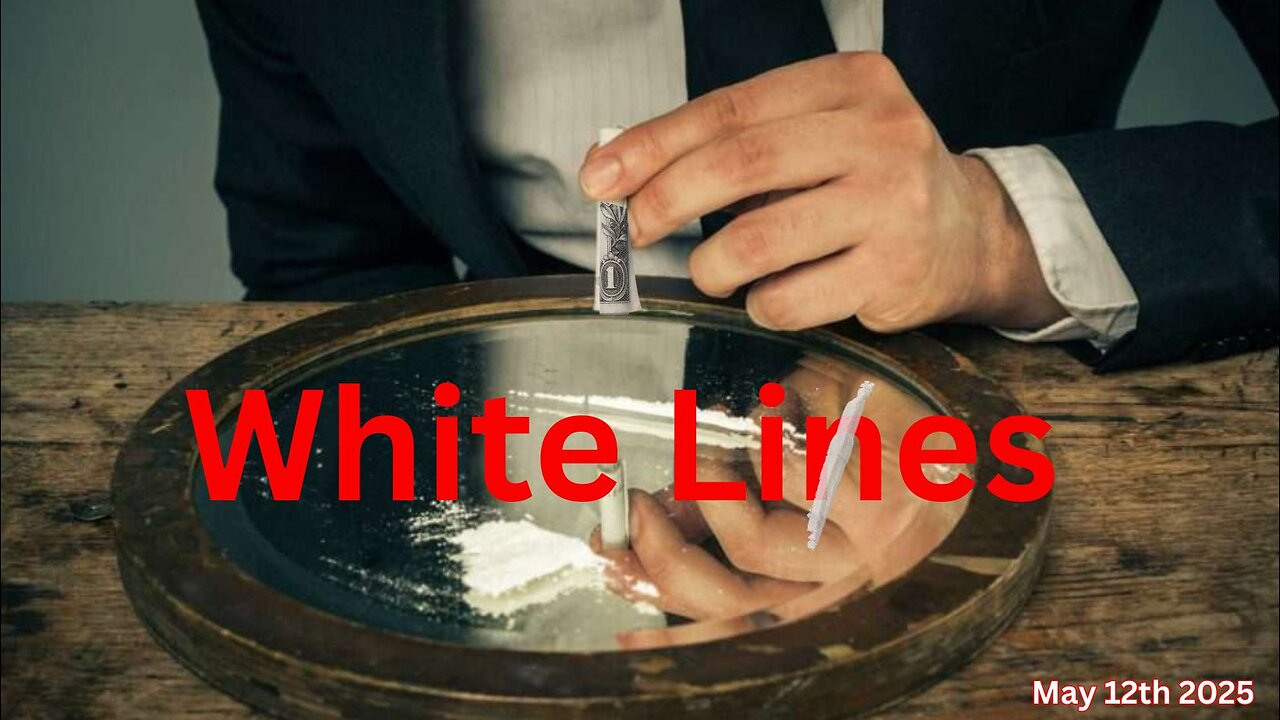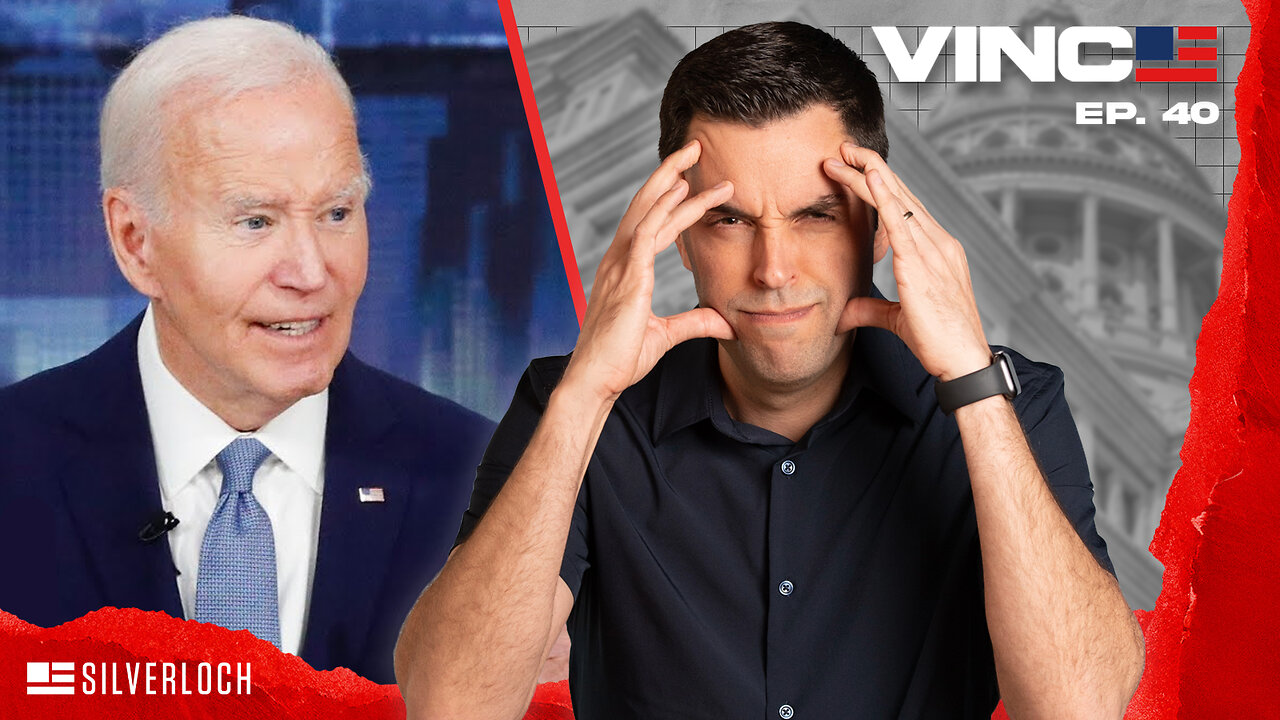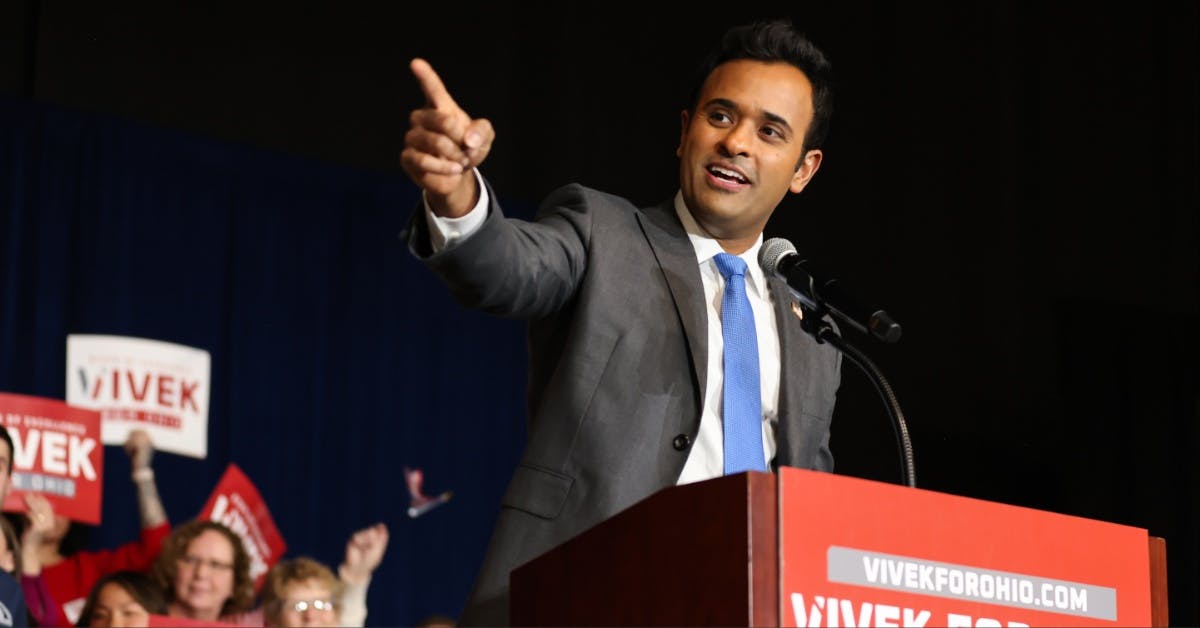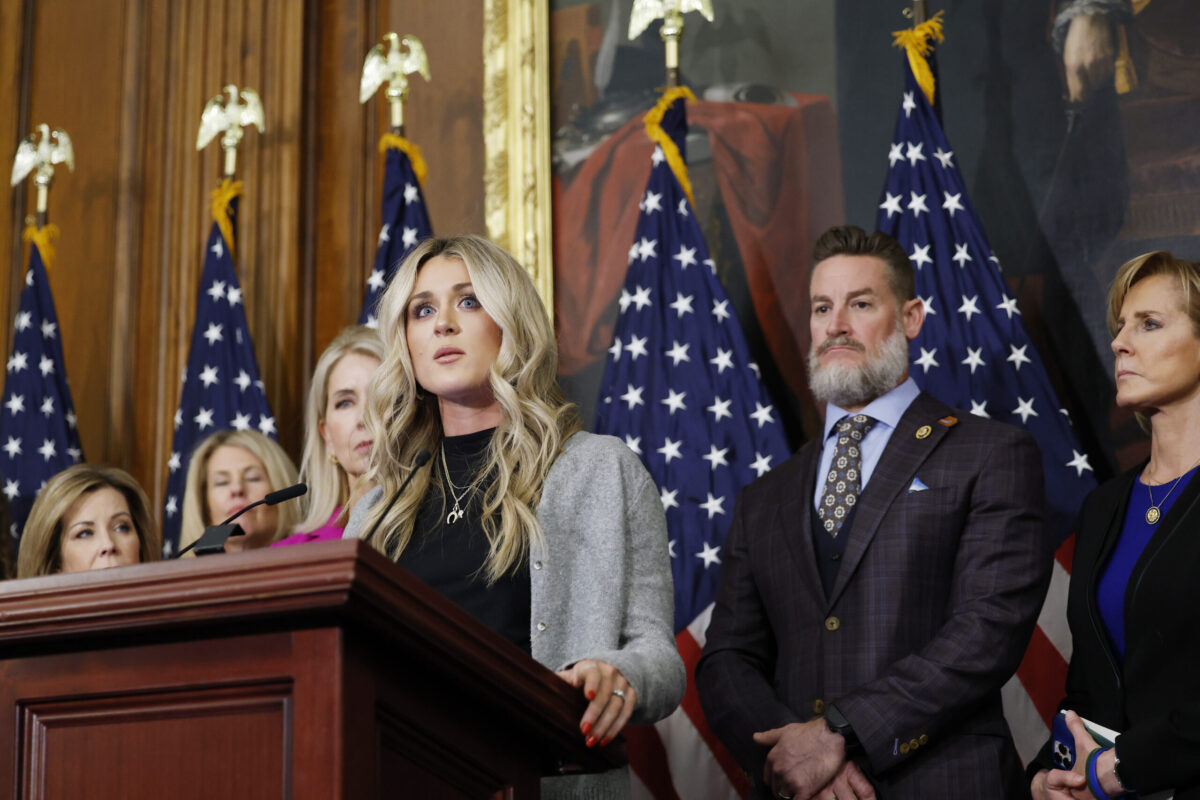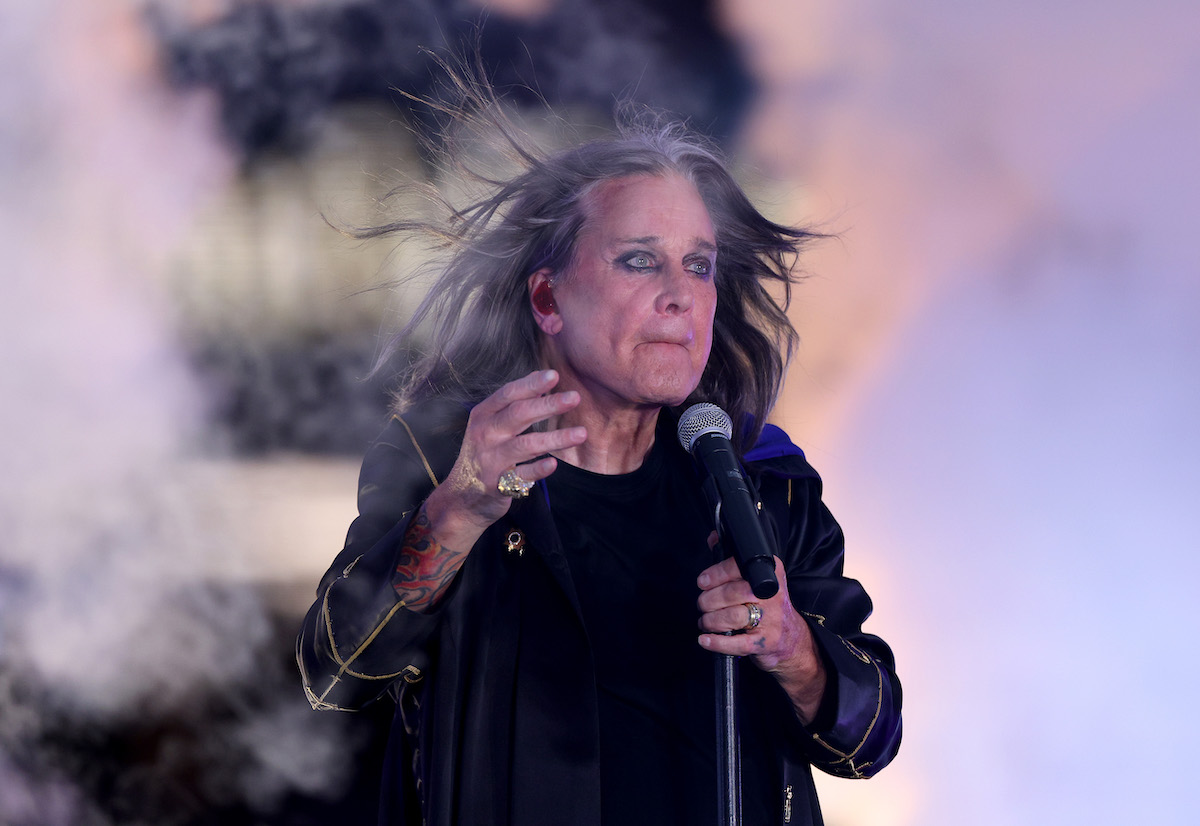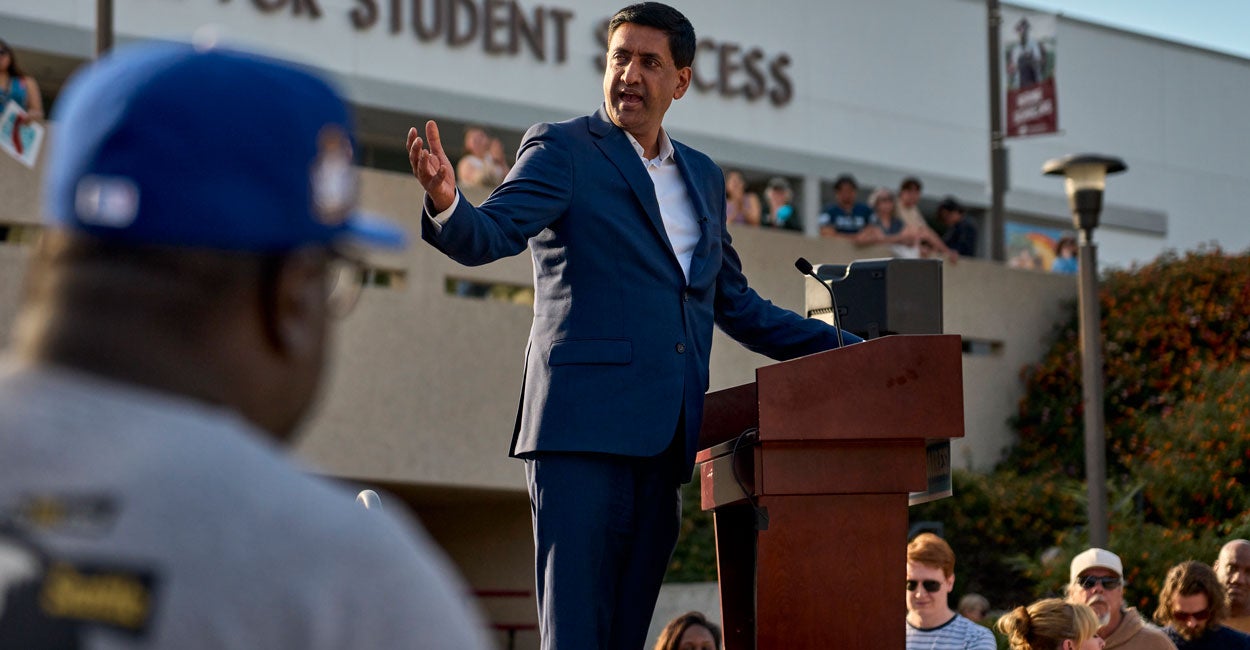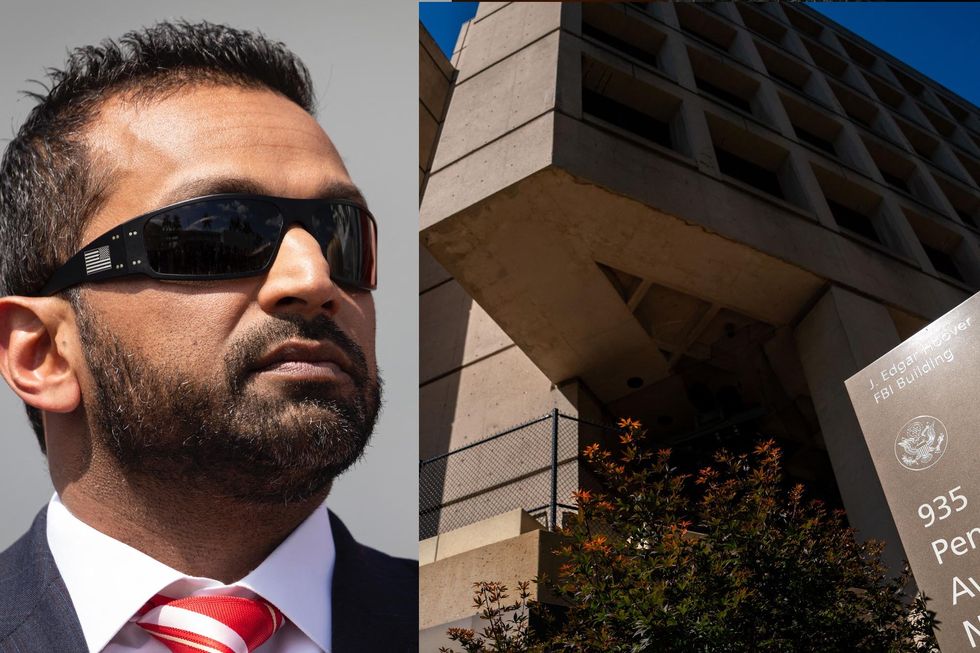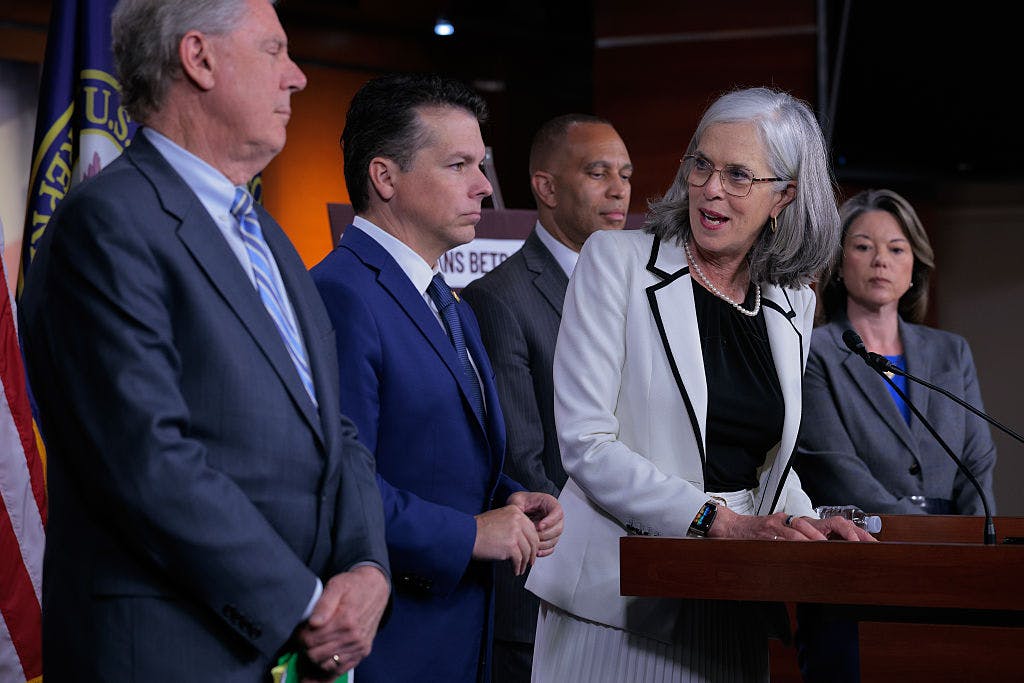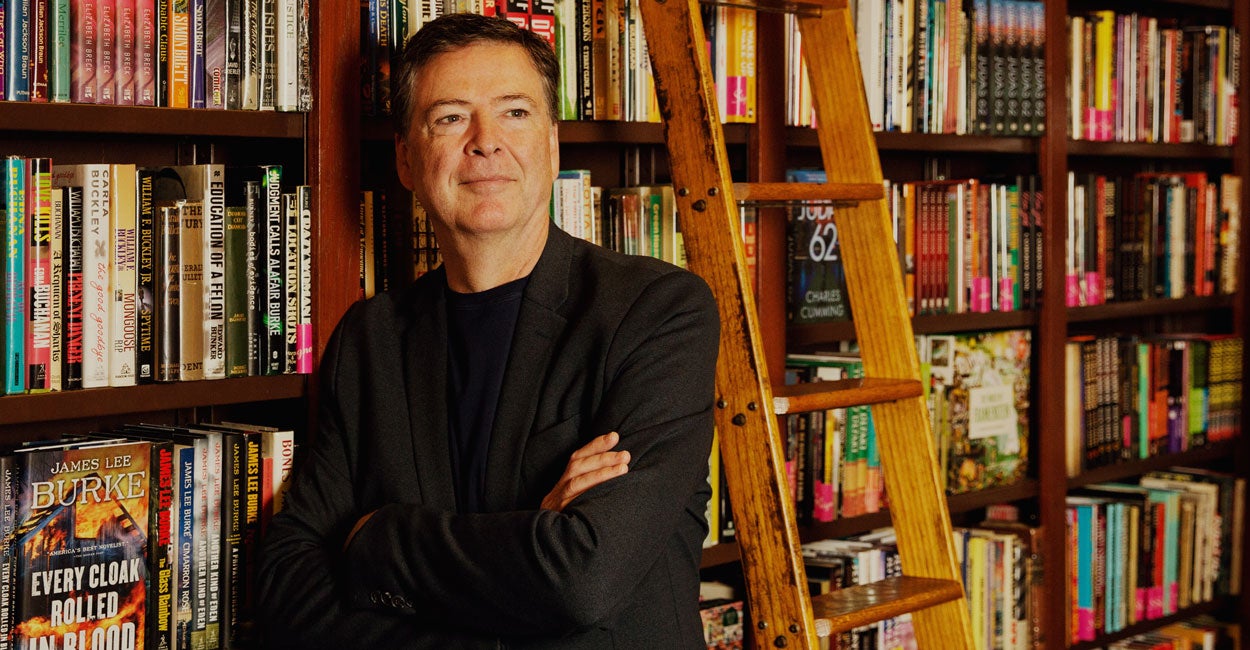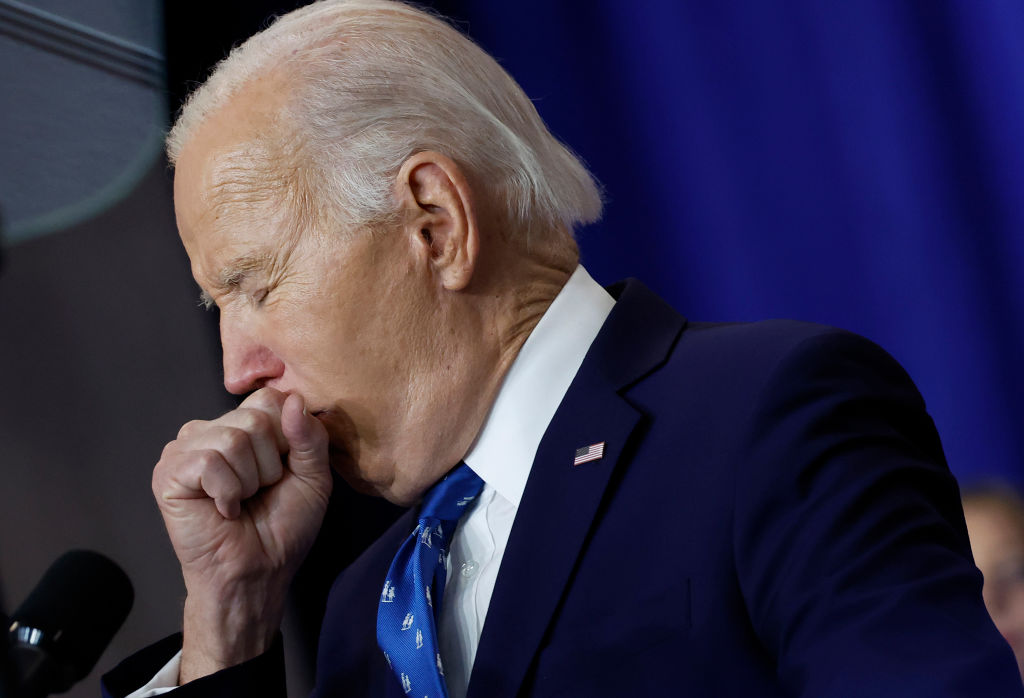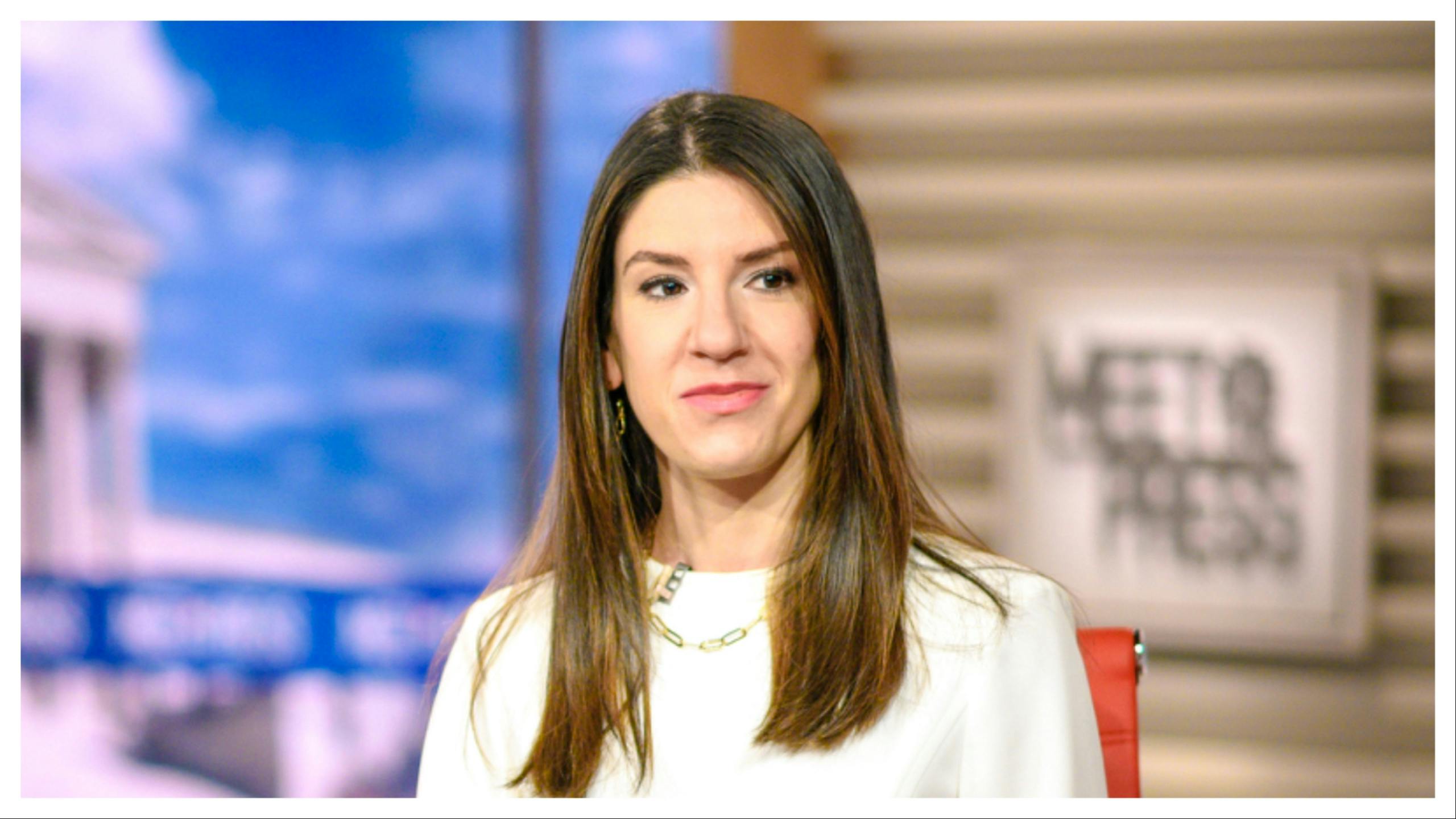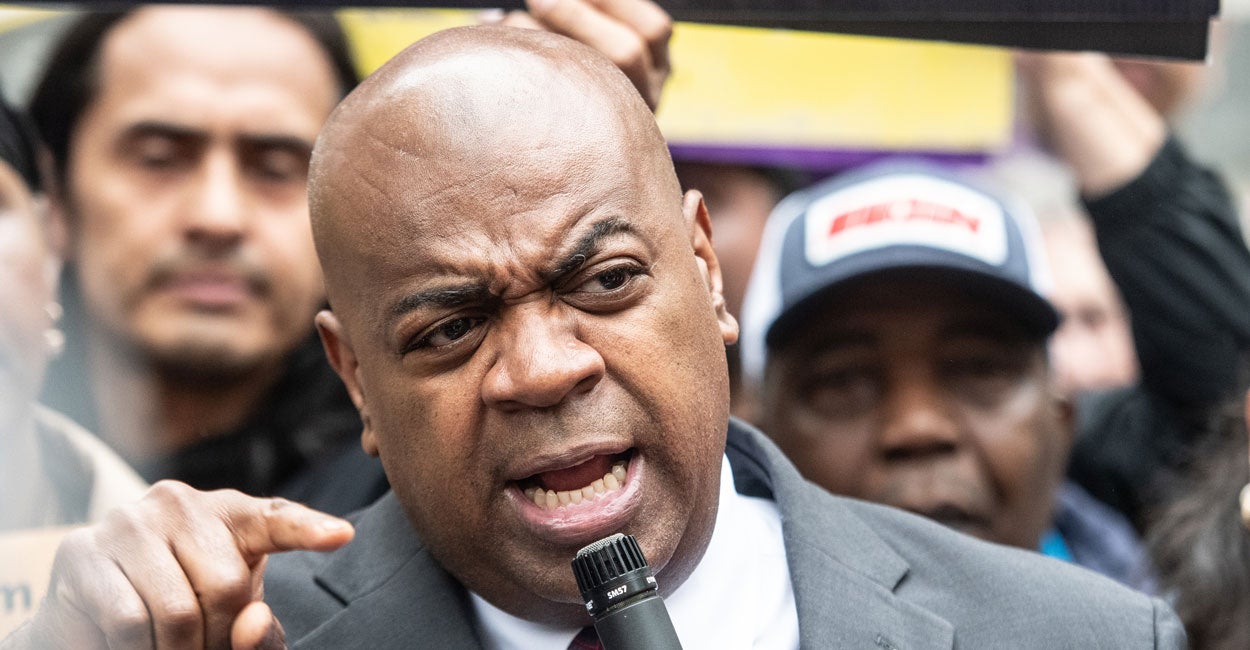Climate justice for thee, but not for me



Berkeley, California is arguably the most liberal city in the U.S.
Tourist shops sell t-shirts touting its identity as a leftist hub. The city is overwhelmingly white and wealthy, with large Asian and small Black minority populations, a median household income over $100,000, and median home value of nearly $1.3 million. When we think of the liberal elite, we think of Berkeley. So when residents last week voted down a new fossil fuel tax, it came as a rude surprise to green activists across the country.
On the Berkeley ballot this November was a local initiative that would have imposed a heavy tax on large buildings that used natural gas for heating, cooking, and for other purposes. Proponents argued that the measure would help rid us of fossil fuel use, following a trend across the country in which climate activists look for every opportunity to shut down natural gas.
In a resounding rebuke, Berkeley voters rejected the ballot measure 68% to 32%, sending the message that they were not interested in sacrificing their use of natural gas for any climate benefit that they thought it would net. To soothe their nagging climate conscience, donations to environmental activists will surely flow forth from Berkeley. The ability to avoid any sacrifice in the name of climate change only to demand those sacrifices from other, less wealthy communities is an environmentalist privilege that does not go unnoticed by working class Americans.
Effective federally-focused environmental activism will likely be on the wane following the Trump win and the ascension of an unfriendly bureaucracy. With hundreds of millions of dollars to spend, these groups will turn their money and organizers on state and local governments in an attempt to rid them of natural gas infrastructure.
This strategy is a mistake. The Americans who live in our biggest cities are burdened by high energy costs, unreliable electricity grids, and often live in neighborhoods with inadequate infrastructure and inefficient, aging homes. The problems are worst in the parts of these cities with histories of segregation and redlining, and the disproportionately Black residents of these struggling communities are those who can least afford the additional energy burden brought by constricting energy supplies. While cities are the most efficient places to live in terms of carbon emissions, cities also have a crippling energy burden that falls mostly on these communities that cannot afford to weather the price volatility and reduced reliability that comes with removing vital energy infrastructure. The Progressive Policy Institute (PPI) will be publishing a report on the energy burden in cities this year.
In addition to the important benefits, there are costs involved in modernizing our outdated energy systems and moving toward a greener, lower-carbon future. PPI works to inform decision makers about those costs, who is being asked to bear them, and how to minimize their impact. The U.S. needs a climate policy that reduces carbon emissions, encourages innovation in clean energy generation and transmission, meets the energy demands of households and businesses, and, critically, does so without laying the cost of that transition on the people who can least afford it. Continuing down the path of left-wing environmentalism is a political dead end for these working-class communities. Instead, we need a political push for effective and pragmatic state and local energy policy for deep blue states that shows we can reduce greenhouse gas emissions and cut the household costs that burden disadvantaged communities.
City leaders should be on the lookout for dead-end environmental activists in their towns, fresh from a fundraiser in Berkeley, CA, demanding that their own community make sacrifices of cost, reliability, and convenience that Berkeley won’t in the name of climate justice. Watch closely what the funders of environmental activists do in their own communities while they make demands on others.
In this recent election, the wealthy elite in Berkeley said to environmental activists, “We’ll keep our natural gas. Here’s some money. Go tell the poor people to get rid of theirs.”
Is that just?
Neel Brown is Managing Director at the Progressive Policy Institute. Fnd Neel’s bio here.
SUPPORT TRUTHFUL JOURNALISM. MAKE A DONATION TO THE NONPROFIT WND NEWS CENTER. THANK YOU!
What's Your Reaction?
 Like
0
Like
0
 Dislike
0
Dislike
0
 Love
0
Love
0
 Funny
0
Funny
0
 Angry
0
Angry
0
 Sad
0
Sad
0
 Wow
0
Wow
0


